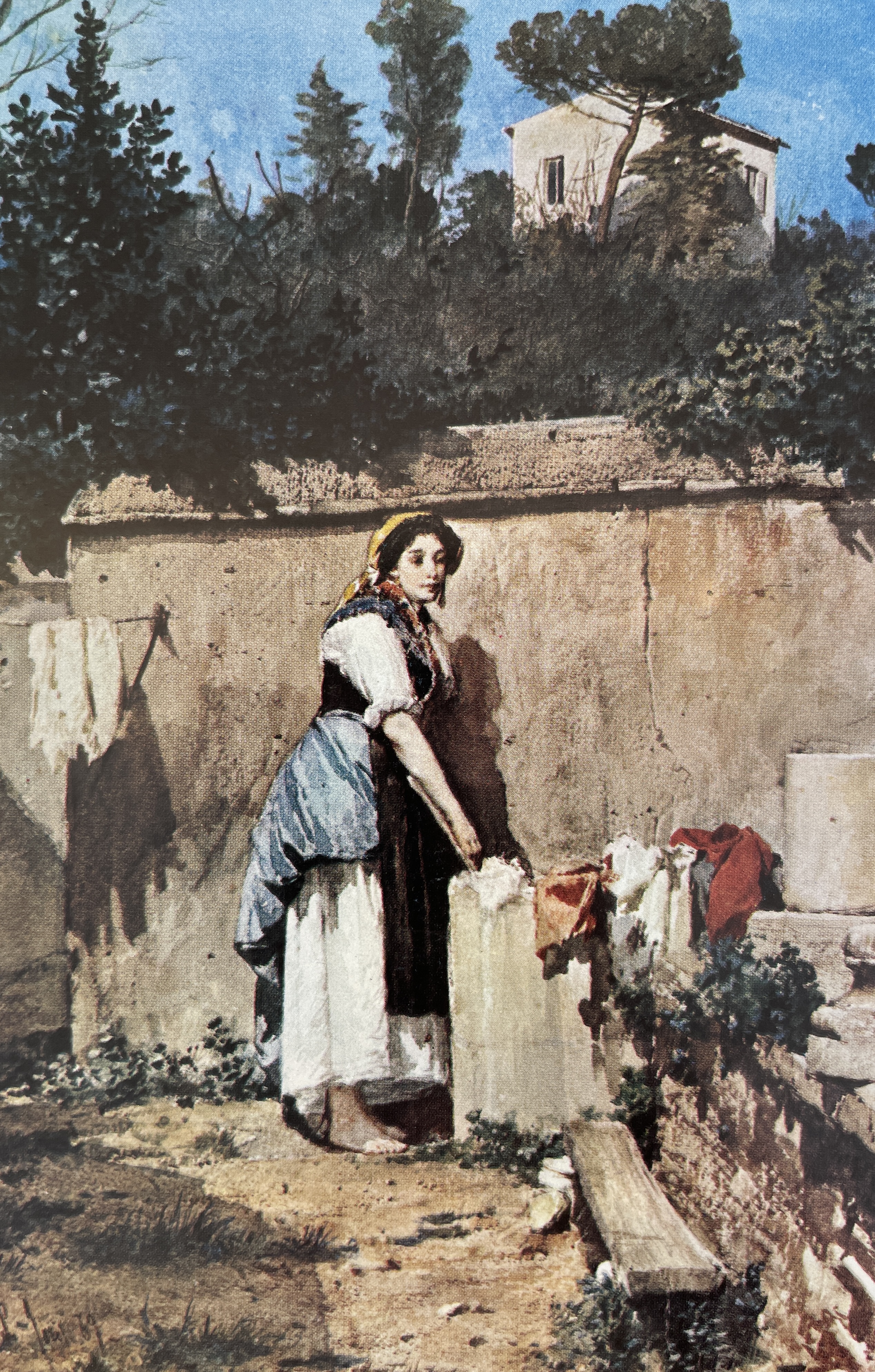The «Maestro della scuola moderna ossia studi dal vero»: Filippo Belli and the Photographic Models for Artists

Published 2024-04-22
Keywords
- Photography,,
- Painter-photographers,
- Models,,
- Iconographic Tradition,
- Pictorial Activity

This work is licensed under a Creative Commons Attribution 4.0 International License.
Abstract
This article intends to provide an in-depth study on the painter-photographer Filippo Belli, a still elusive but central personality in the relationship between photography and pictorial production in late nineteenth-century Rome. In fact, Belli, a painter by training, inherited the interest in an already deep-rooted iconographic tradition of genre scenes (informed by the taste of the new bourgeois class, as well as by the expectations and dynamics of the international market and tourism that had in the Capital one of their greatest centers) and realized, between the mid-Seventies and the early years of the following decade, a series of photographs depicting moments of rural life and posing peasants taken in the villages of the Latium countryside, images that were meant to be used by painters of that time as visual references. Starting from the analysis of original archival material – which has never been subject of systematic studies –, the essay would like to constitute, as well as a monographic contribution, as a further reflection on the interweaving between photographic culture and artistic practices.
